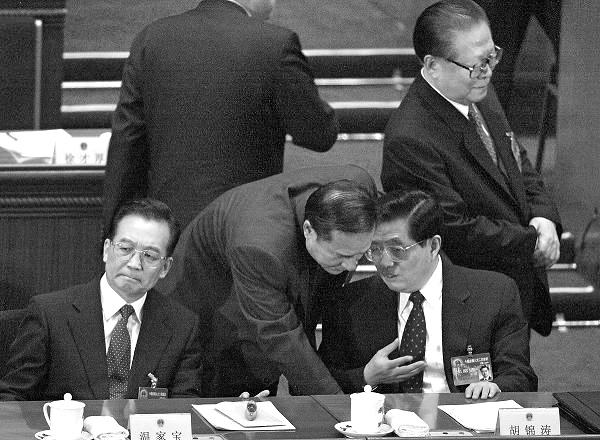At around 7:00 a.m. on May 1, a Chinese blogger found news on Baidu.com about the attempted assassination of Chinese leader Hu Jintao in 2006. Baidu is the largest search engine in China.
NTD Television confirmed that when using keywords like “assassinate Hu on the North Sea Fleet,” “assassinate Hu at the Yellow Sea,” and “Zhang Dingfa assassinates Hu,” on the search engine, there are links to several websites and some of them provide relatively detailed descriptions of the incident. NTD Television also found that “Hu assassination” was not censored on Sina’s Weibo.com.
